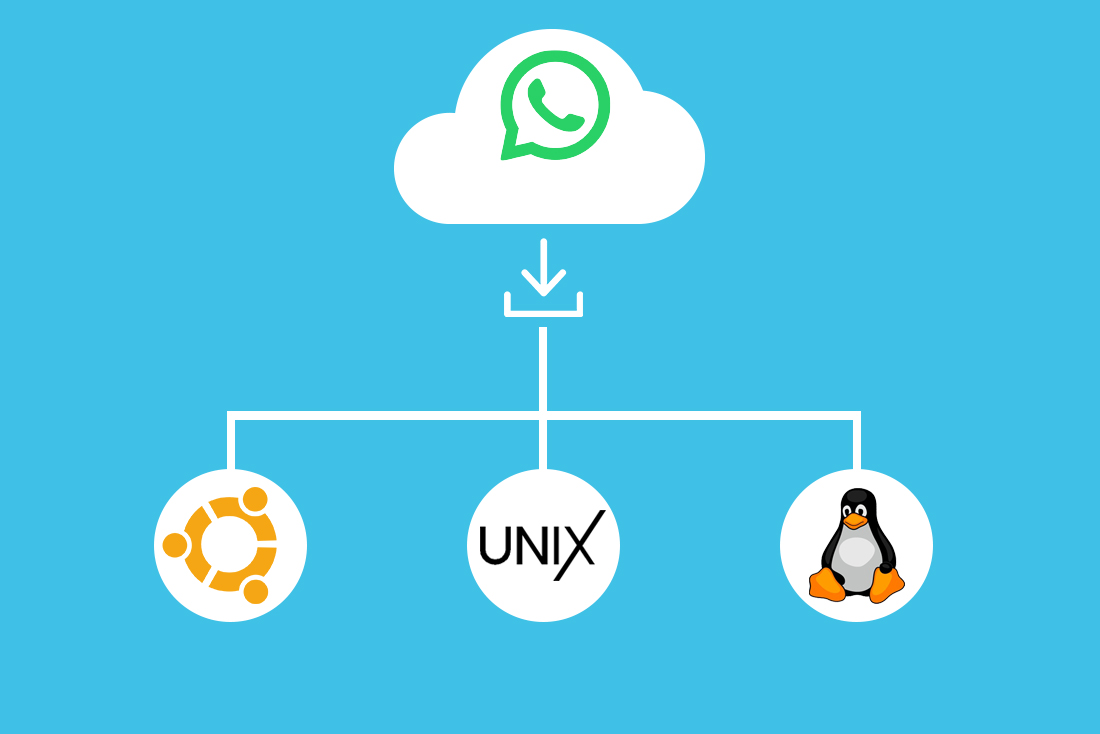Securing Your Business’s Data: 7 Security Measures To Consider

Your business data can be likened to its lifeblood or a jewel that must be protected at all costs. Without data, your business ceases to exist. For this reason, you find several big companies spend millions of dollars ensuring that their data remains accessible, well-stored, and, most importantly, safe.
“How do you secure your business’s data?” Here is a question every business owner needs to ponder. With the growing cyber-attack cases, businesses are upping their security and adopting the latest firewalls to safeguard their precious data. What are you doing? Are you just sitting down, folding your hands, and doing nothing? Or are you also looking for ways to fortify your business data security?
If you are, we have something that might be of great help. While this may not be a delivery of the latest antivirus software or a state-of-the-art device that protects your data against the most proficient hackers in the world, it will go a long way in ensuring that your business data is well secured.
So what do we have for you?
Below we have highlighted a few tips on how to secure your business data. But, before we dive right in, let’s consider what data security is.
What is data security?
Do you recall how to password your phone or other personal gadgets to prevent unauthorized access? Well, what you are doing is simply securing your data. If you have a password on your phone or other devices, you should have an insight into what data security is. Nevertheless, here is a simple definition of data security.
Data security is any technique that stops unwarranted access or loss of data. As you know, data makes up a huge percentage of a company. As a result, data security has become a top priority for companies who wish to protect sensitive data from cybercriminals eager to profit from them by threatening to sell or expose sensitive customer data.
In practice, data security involves enforcing authorization and access control, good data storage, encoding files, backing them up offline, etc.
Having understood what data security involves, let’s revisit the crux of this article. How do you secure your business’s data?
1. Data Security Software
Software and data security are intertwined. Imagine data security as a wall designed to keep out enemies. In this metaphor, the hackers are the waves of enemies who lay constant siege on this wall.
With each assault, your foe learns about new exploits and finds a new weakness in your defenses. Therefore, the best way to prevent the constant waves of attack from being successful is by constantly upgrading your defenses.
Remember, cybercriminals are desperate folks, so don’t for one minute underestimate their abilities or expect them to rest on their laurels. Purchase the right software (enterprise management software or device management software) to safeguard your data and protect your business from being held to ransom.
2. Use strong passwords
When setting up passwords for our phones or PCs, many of us often prefer to use those easy-to-remember phrases or numbers. However, while using a password that you can easily recall makes sense, you must note that doing so may make your device and its data more vulnerable. In fact, an experienced hacker wouldn’t have to break a sweat to guess a password that is spelled as your name.
So what is the moral story here? If you own a business and wish to secure its data, ensure you use strong passwords. A good password is long and combines capitals, lower-case letters, numbers, and symbols. Such passwords will give hackers a tough time, unlike a password of “1, 2,3,4,5,6,7,8 or your birthday.
3. Set up a potent firewall
A firewall in this context is definitely not a wall on fire. Instead, it is software or firmware that blocks unauthorized access to a network. It scrutinizes incoming and outgoing traffic using pre-et security rules.
Today, many businesses worldwide are investing heavily in acquiring the latest firewall, regardless of the cost. So it doesn’t matter if the firewall costs $250k. It is powerful enough to protect their data from hackers, so big businesses are ready to acquire it.
And this is not because they want to splurge money, but because they know what they stand to lose if their security gets breached and the data of millions of customers get stolen. We are talking of millions of dollars here if the hackers demand ransom or if customers’ data gets leaked.
Suppose you or your IT staff aren’t well-grounded in matters regarding firewall and updates. In that case, you can leverage an effective Firewall like FortiGate to protect your data from marauding cyber hackers and have rest of mind.
4. Limit admin privileges
By limiting admin privileges, you have the power to monitor and control who has the right to make significant changes to your network. It seems like something you wouldn’t want to entrust in the hands of an employer, right?
IT systems are like a maze. They take years of commitment and study to understand appropriately and master. That said, it seems careless or unwise to simply hand over such complete access to employees who have zero ideas regarding the basics of data security.
Of course, making such a mistake can be likened to shooting yourself in the foot. To avoid the ugly scenario that results in a data breach due to an error made by an employee, it makes sense to restrict the rights to make significant changes to your network.
5. Backups
If you use a smartphone or a PC, I bet you know the importance of backing up your data. Backing up your data is an effective and easy way to protect it. But, you need to understand that there are degrees of backing up. While some types of backups are more powerful, others are flexible.
Ensure you back up and encrypt your business’s data offline as it is the safest way to store data. However, you’ll need to consider the trade-off security vs. practicality. For instance, burying a hard drive in your yard is\ very secure. But, it is pretty hard to update.
Conclusion
Each day, hackers are looking for vulnerabilities to exploit. The best way to make sure that your business’s data doesn’t fall, victim, is by adhering to the tips listed above.
Lots of businesses have folded up after paying settlements as a result of a data breach that exposed the data of several customers. I bet this is not something you would fancy, so it is up to you to take the necessary steps and protect your business’s data.




